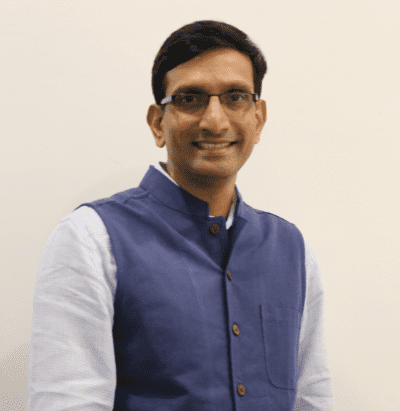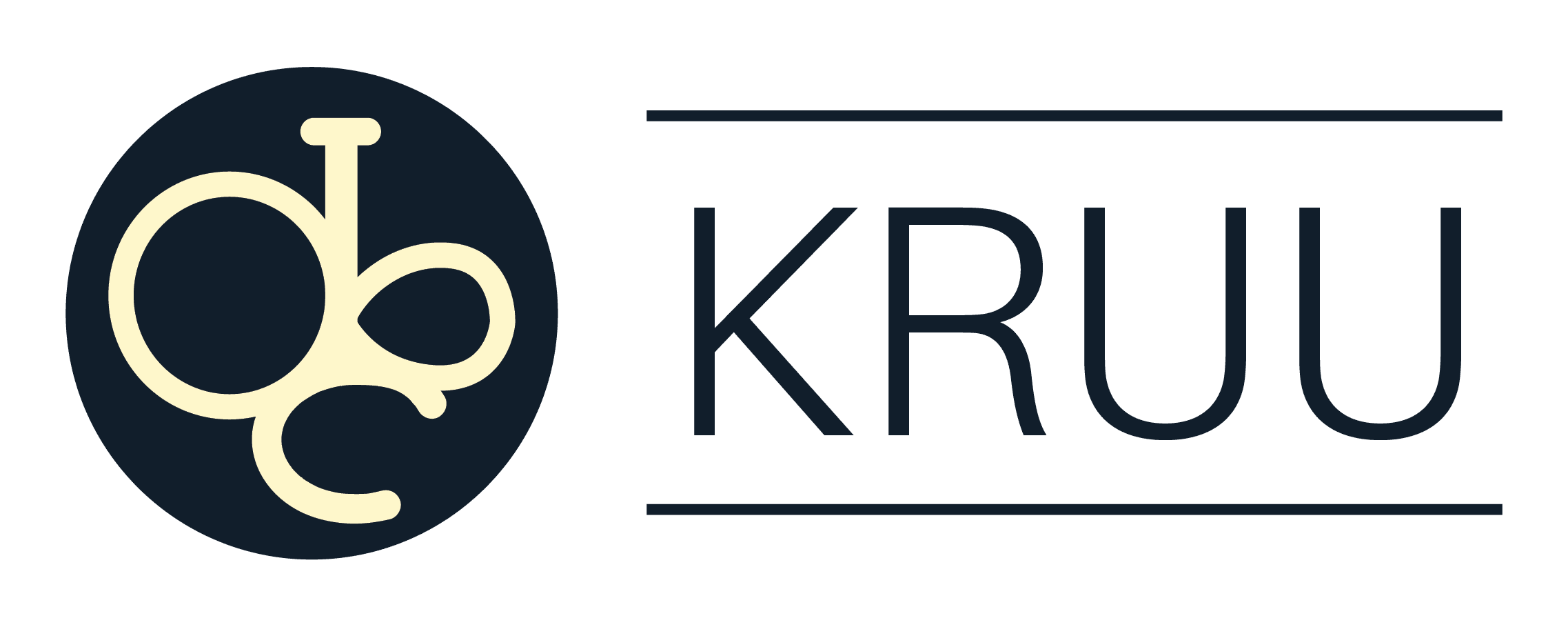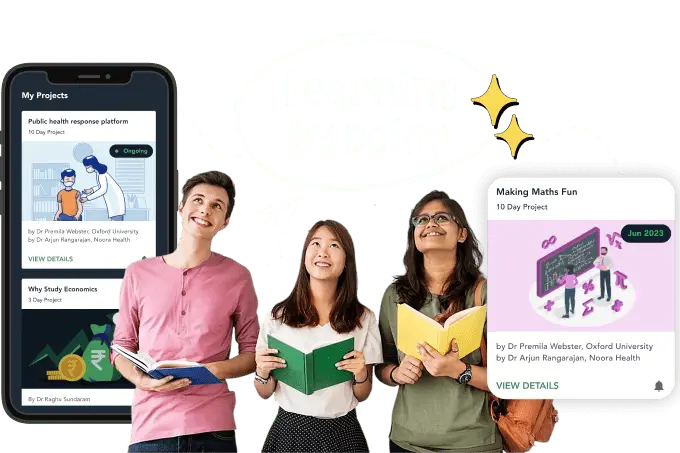Crowdsourcing History: Social Media as a Historical Source?
6 – 8
October 2024
Humanities & Social Sciences
21 Days
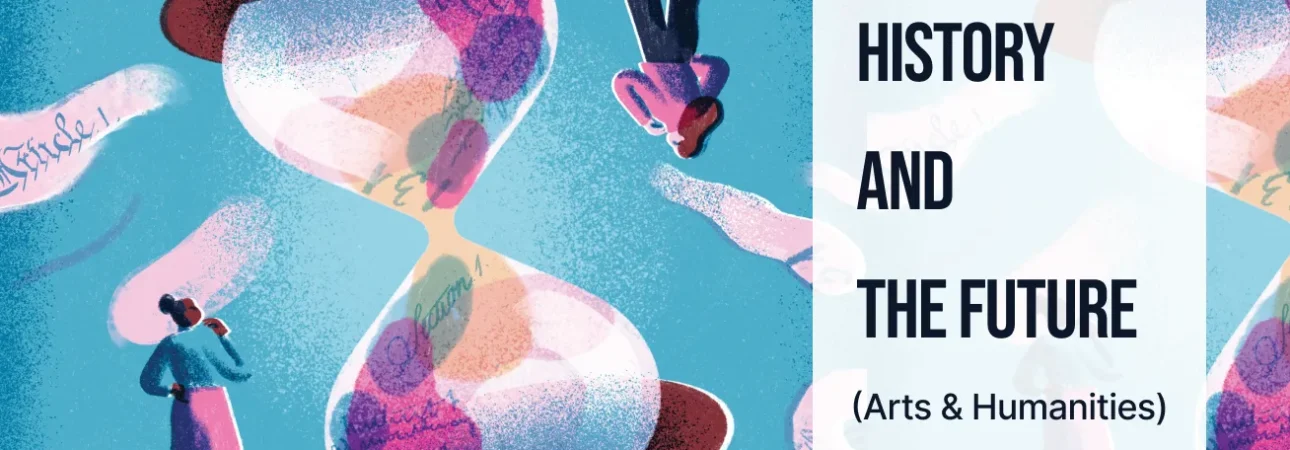
About Project
The project invites students to explore the concept of crowdsourcing history through social media, where users contribute to the documentation and interpretation of historical events. Students will analyse the benefits of this approach, such as the democratisation of history, the inclusion of diverse perspectives, and the rapid dissemination of information. However, they will also consider the drawbacks, including the risk of inaccuracies, lack of scholarly rigour, and the potential for bias. As a final deliverable, students will pick one historical event that has been highlighted on social media in recent years and contrast the interpretation of the chosen event vis-a-vis traditional and social media sources. Are social media sources reliable in building a revisionist understanding of the chosen event? Or are they inaccurate and biased? The project aims to equip students with understanding historical sources, avoiding misinformation on social media, and appreciating the intermingling of history with modern technology and politics.
Expert Profile
Srinath Raghavan is a professor of international relations and history at Ashoka University. He previously taught at King’s College London and worked at the Centre for Policy Research, New Delhi.
He is the author of several books, including The Most Dangerous Place: A History of the United States in South Asia (2018) and India’s War: The Making of Modern South Asia, 1939-1945 (2016). He co-authored NonAlignment 2.0: A Foreign Strategic Policy for India in the Twentieth Century (2013) and co-edited The Oxford Handbook of Indian Foreign Policy (2015).
He received the K. Subrahmanyam Award for Strategic Studies (2011) and the Infosys Prize for Social Sciences (2015). Srinath Ragavan holds a PhD in war studies from King’s College London.
